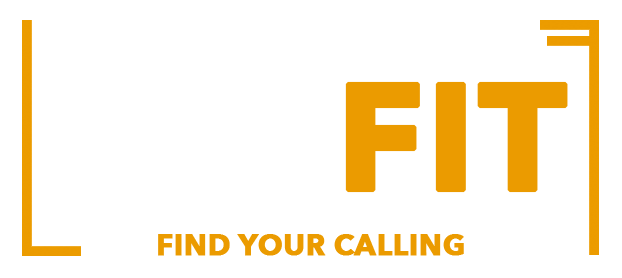
ON-CAMPUS INTERVIEW SEASON
October 4, 2018
HOW TO BE MORE SATISFIED AND SUCCESSFUL AT WORK
October 4, 2018The typical corporate employer receives 250 resumes for each job posting, the average recruiter spends six seconds reviewing a resume, and hiring managers report that at least 50% of applicants lack the basic qualifications listed in the job posting. What can you do?
When adding your resume to a sea of others, knowing that yours will get a quick glance at best, how can you build a series of job-related experiences — and write a resume that stands out?
Specialize.
The most crucial component of a stellar resume is specialization. If you want your resume to really sing, it needs to tell a story: it needs to illustrate that you have specialized in a particular area or have built a unique combination of related work talents. If your resume contains a hodgepodge of disconnected experiences, you will not appear to be the best candidate for any particular job. But if the experiences on your resume are connected, you have a chance to stand out.
Suppose a personal injury law firm is looking to hire a 3L as an entry-level associate. They are looking for trial experience, experience interviewing clients, and familiarity with the subject matter.
Candidate A worked as a research assistant for a professor during her 1L summer, interned with a judge during her 2L summer and did not participate in externships or clinics during law school.
Candidate B worked for a legal aid office during her 1L summer, where she spent most of her time interviewing clients; she externed with the State’s Attorney’s office in the spring of her 2L year, serving as second chair on multiple trials and interviewing dozens of police officers, witnesses, and victims; finally, she worked for a personal injury firm during her 2L summer.
Which candidate do you think this firm is going to invite in for an interview?
The answer is clear! Candidate B’s experiences are connected and tell a story. Candidate B had a career plan and was able to expend the time and effort to make it happen. She sought opportunities that would give her hands-on skills and enable her to become an effective trial attorney. Candidate A had summer jobs, but did not add any value to her skill set during the school year, perhaps without considering the story (or non-story) her resume would reveal to an employer.
It is no secret that most law students do not have a clear idea of what their specialty practice areas should be, when they enter law school. Many take the easy road when it comes to jobs, taking positions that past students have easily obtained without really thinking about how those positions will look on their resumes. Even second-career students who have been in the workforce can be unclear about their suitability for particular law practices.
The most important thing that law schools can do to advance their students’ career prospects is to get students to CLARIFY what practice areas are suited to their talents, as soon as possible in their law school careers. Given that many students walk into law school not knowing what their interests and aptitudes are AND not knowing what the demands of different areas of legal practice are, law schools have to take it upon themselves to educate students on various legal practice areas and then work with students to identify practice areas that fit with their interests and strengths.
LawFit offers individualized assessments for your students, so each one can measure their law- and non-law related aptitudes and matches with a wide variety of career options, serving as the launching point for their career discussions. Our assessment is an invaluable tool to help you work with students to help them predict the practice areas that are likely to be a good fit. As an added benefit, and at no extra charge, we are able to aggregate data, so you can analyze a wider variety of information about your students and their career aptitudes.
Contact us to learn more about the LawFit Career Assessment and ask us how our law school subscribers are using it as a tool to help their students find their calling, choose work-related activities that support their career interests and – build the work experiences that will help them write a stellar resume.


